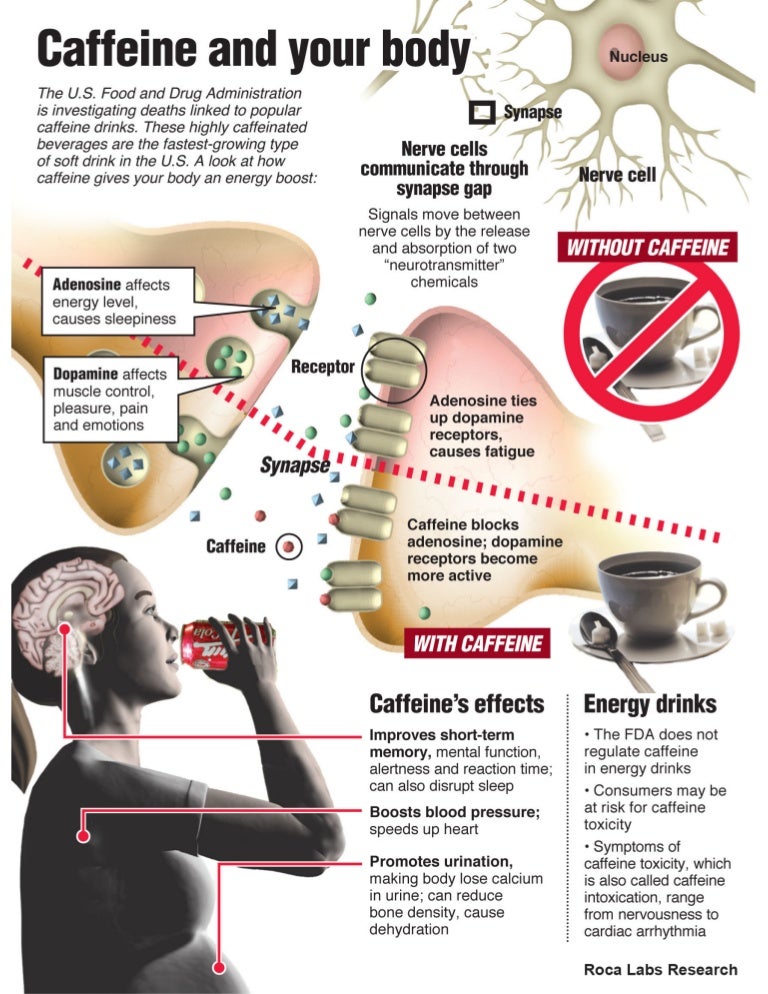Caffeine Bad For Your Health

Caffeine Could be Bad For Your Health
Caffeine is a popular stimulant that is present in many foods and drinks. It has been used for centuries as a way to increase energy, alertness, and even performance. It is found in coffee, tea, energy drinks, and even some sodas. Although it can be beneficial in some situations, there are also potential risks. In this article, we will discuss the potential dangers of excessive caffeine consumption and what you can do to keep yourself safe.
How Much Caffeine is Too Much?
The amount of caffeine that is considered safe varies from person to person. The American Heart Association recommends that adults should limit their caffeine intake to no more than 400 milligrams per day. That is the equivalent of about four cups of brewed coffee or two energy drinks. It is important to remember that these are only general guidelines and that individual reactions to caffeine may vary.
What are the Risks of Excessive Caffeine Use?
Excessive caffeine use can lead to several health issues. It can cause insomnia, irritability, headaches, and even heart palpitations. It can also increase your risk for high blood pressure, diabetes, and stroke. Additionally, it can cause dehydration, as it is a diuretic, which can lead to further health problems. Caffeine intake should be monitored and limited to reduce the risk of these health issues.
How to Limit Your Caffeine Intake
There are a few ways to limit your caffeine intake. One of the most obvious is to avoid caffeine-containing drinks and foods. This includes coffee, tea, soda, and energy drinks. You can also switch to decaffeinated versions of these drinks. Finally, you can limit how much caffeine you consume in a day. Try to drink only one cup of coffee or tea, or one energy drink, per day.
Alternatives to Caffeine
If you are looking for an alternative to caffeine, there are many options available. Herbal teas, such as chamomile, are caffeine-free and can provide a calming effect. You can also try natural supplements, such as ginseng or guarana, which can act as mild stimulants without the negative side effects of caffeine. Finally, regular exercise can be an effective way to increase your energy levels without the need for stimulants.
Conclusion
Caffeine can be beneficial in certain situations, but it can also be dangerous if consumed in excess. It is important to be aware of the potential risks associated with excessive caffeine consumption and to limit your intake accordingly. Additionally, there are many alternatives to caffeine that can provide energy and alertness without the risks. By following these tips, you can maintain your health and well-being while still enjoying the benefits of caffeine.
9 Negative Side Effects of Drinking Coffee: It's Not Healthy For

25 Surprising Effects Coffee Has on Your Body (With Infographic

All the ways caffeine affects your body in one handy infographic
The Effects Of Caffeinated Soft Drinks On Your Body
How Caffeine Addiction Affects Wellness – AGR NEWS

Is Caffeine Bad For You? (The TRUTH About Caffeine | Coffee bad for you

Main Side Effects Of Caffeine : 12 Terrible Side Effects Of High
/4579800_color1-5c3b911b46e0fb0001baee18.png)
There are some positive and negative effects attributed with the

Caffeine promotes cravings and is bad for weight reduction
